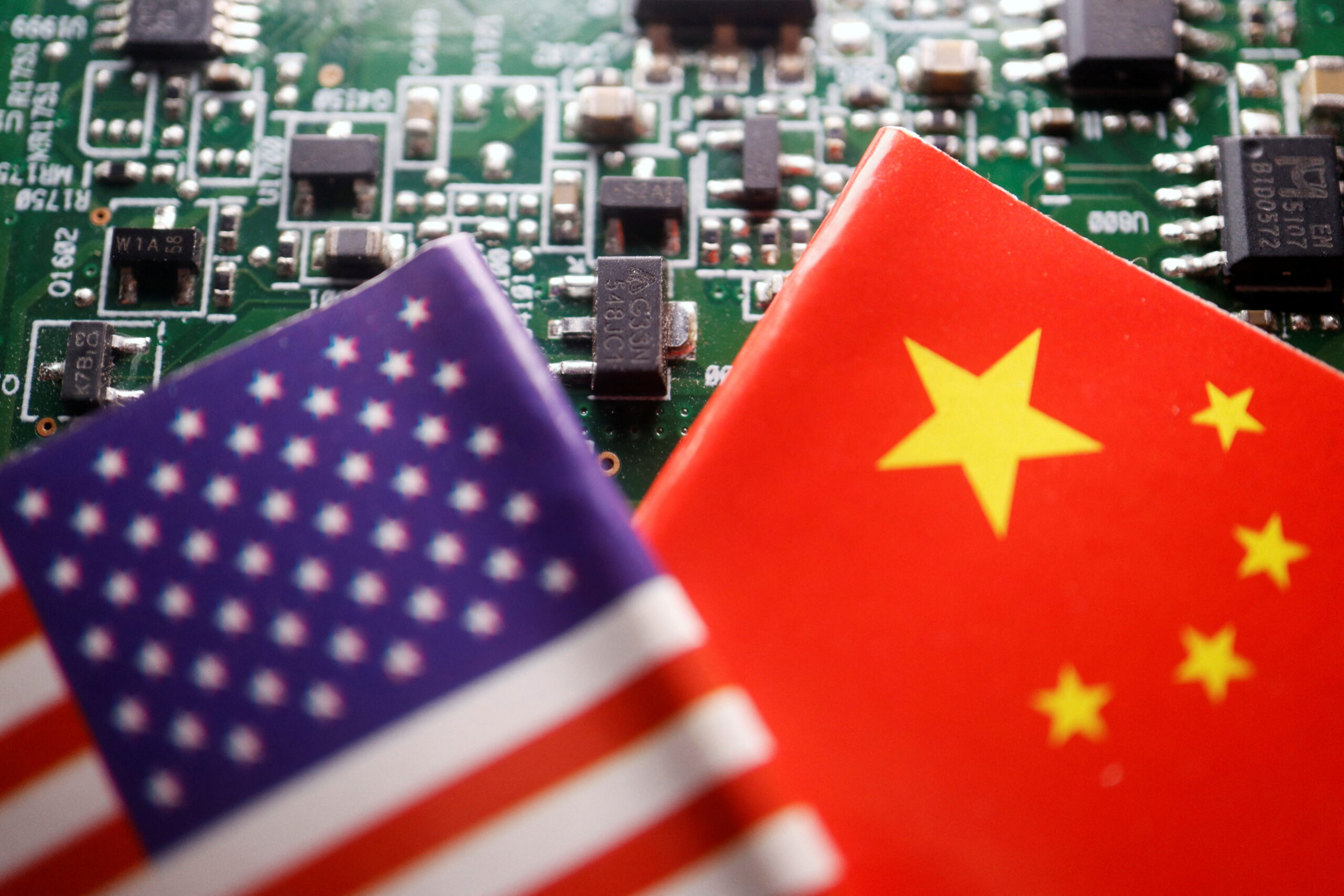Leaders in both the United States and China claim to have stabilized a relationship that recently seemed headed for open conflict. Yet actions on both sides bely the calming words. In particular, the realm of science and technology—which both sides see as crucial to their own nations’ future power and prosperity—has quietly become a pivotal field of battle as each side restricts the other and jockeys to dominate the key sectors.
What are the flashpoints in the struggle for science and tech preeminence? How did the two countries move so quickly from robust science and tech cooperation to intense competition and damaging exclusion? How might tensions in this realm push toward geopolitical conflict, and what policies are required to limit that danger? Is there a path back to open exchange or is restriction the only prospect?
Join us in addressing these questions with Kendra Schaefer, director of tech policy research and a partner at Trivium China; Denis Simon, non-resident fellow at the Quincy Institute and a senior lecturer in the Asian/Pacific Studies Institute at Duke University; and Geoffrey Gertz, a senior fellow in the Energy, Economics & Security Program at the Center for a New American Security (CNAS). Jake Werner, acting director of the East Asia program at the Quincy Institute, will moderate the conversation.
The conversation will take place on Thursday, October 17th from 1:00 – 2:00 PM Eastern Time.
Kendra Schaefer is a partner at Beijing-based policy consultancy Trivium China, where she heads the company’s Tech Policy Division. She leads a team of analysts keeping investors, companies, and governments briefed on Chinese tech policy and regulation, and she has served as a key expert for heads of state and Fortune 500 companies on China tech issues. Her personal areas of research interest include AI, the data economy, and Chinese government digital infrastructure systems. She is a non-resident fellow at the National Bureau of Asian Research. Kendra was based primarily in China from 2002-2022. She began her career as a developer and user researcher in the early days of China’s internet boom.
Denis Simon is a non-resident fellow at the Quincy Institute and senior lecturer in the Asian Pacific Studies Institute at Duke University. He is a recognized expert on international science and technology affairs. He has more than four decades of experience studying innovation, S&T policy, and talent in China. Most recently, he served as director of corporate partnerships at the Kenan Institute of Private Enterprise at the University of North Carolina (UNC) Kenan–Flagler Business School. He also has served as professor of practice for China business and technology at Duke University’s Fuqua School of Business and Executive Vice Chancellor of Duke Kunshan University in China (2015–20).
Geoffrey Gertz is a senior fellow in the Energy, Economics & Security Program at CNAS. His research focuses on economic tools for protecting and promoting critical technologies; digital policy and data governance; and geoeconomic competition. Prior to joining CNAS, Gertz served as director for International Economics at the White House, jointly appointed to the National Security Council and National Economic Council, where his portfolio covered emerging technology and digital policy. He also served as Senior Advisor at the State Department’s Bureau of Cyberspace and Digital Policy, where he covered U.S. diplomatic engagement on digital economy regulations and cross-border data flows.
Jake Werner is the acting director of the East Asia program at the Quincy Institute. His research examines the emergence of great power conflict between the U.S. and China and develops policies to rebuild constructive economic relations. Prior to joining Quincy, Jake was a Postdoctoral Global China Research Fellow at the Boston University Global Development Policy Center, a Harper-Schmidt Fellow at the University of Chicago, a Fulbright Scholar at National Chiao Tung University in Taiwan, and a Fulbright-Hays Fellow at East China Normal University in Shanghai. He is a cofounder of Critical China Scholars, a network of academics engaged in public education on Chinese politics and society.


